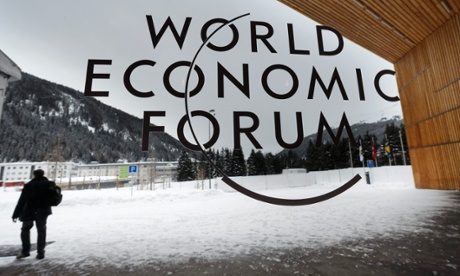Stephen Chambers in The FT
Rishi Sunak is the first person of colour to become UK prime minister, the first Hindu and the richest premier in modern times. He is also, significantly, the first to hold an MBA degree.
Sunak studied philosophy, politics and economics at Oxford, as so many leading British politicians have. But it is his time at Stanford’s Graduate School of Business — where he met his wife and was drilled in the finer points of competitive advantage and the capital asset pricing model — that sets him apart from his peers.
Stanford Graduate School of Business sits at the heart of Silicon Valley, where Romanesque architecture, sunshine and social liberalism combine with libertarian and free market ideas and a core belief in the redeeming power of technology. It spans both suit-and-tie corporatism and T-shirt-and-sandal activism. Venture enthusiasm and techno-utopianism make for a heady business school environment. Two years in brutally competitive Palo Alto changes more than how people dress.
Amid the Rodin sculptures on campus, Sunak will have absorbed Milton Friedman’s doctrine of shareholder primacy, Michael Porter’s “five forces” framework for understanding how industries work, so-called Monte Carlo simulations, the innovator’s dilemma and an emphasis on spreadsheets — all of it flavoured with Silicon Valley’s distinctive “move fast and break things” worldview. He graduated in 2006, the year Twitter was founded. The financial crisis hadn’t happened so MBAs had not yet been blamed for causing it. This was also the founding year of TOMS shoes, which gave away one pair of shoes to a child in need for every pair bought, the very model of the Silicon Valley social enterprise.
The MBA has arguably been the most influential degree of the last 50 years. It has brought systematic discipline to practices that were previously ad hoc and weakly formalised, and serious analytical rigour to bear on starting, funding, running and advising businesses. It built a bridge between research in disparate disciplines and gave us a framework for talking about companies, competition, innovation and investment.
But recently MBA influence has shown signs of waning. The traditionally high return on investment for the roughly quarter of a million students enrolled globally on such programmes is facing renewed scrutiny in the face of rising tuition fees, while those running the programmes have started to question their methods. What if shareholders aren’t the only people we should care about? What if markets don’t allocate resources optimally for social justice? What if the firm isn’t the most useful unit of analysis for getting things done? What if political reality isn’t captured or expressed by a spreadsheet?
What does it mean to have an MBA as prime minister? Sunak’s Stanford education means he can run the numbers and pitch the vision. He can assess the net present value. He understands organisational behaviour and market-segmentation. But will any of this help when the rational expectations of MBA orthodoxy collide with politics and events?
In his political career to date, Sunak has shown both TOMS shoes and Friedmanite instincts. The UK’s furlough scheme and “eat out to help out”, which he introduced as chancellor under Boris Johnson, were TOMS-ish, almost Keynesian. The austerity measures he is now contemplating suggest the opposite. And MBAs are very good at cutting costs. The economist Daron Acemoglu has suggested that employees in companies run by MBA graduates see their wages fall over a five-year period. Markets and owners like this. Employees probably don’t.
Having an MBA in charge is reassuring if we think of the nation as a corporation. But critics of these programmes point to overconfidence, ethical lapses and a lack of real analytical or empirical evidence for widely adopted strategies. They bemoan an undue focus on case study learning, a lack of emphasis on softer skills, overreliance on corporate acquisitions rather than productivity improvements and a narrow focus on shareholder value.
Business school admissions departments often say that their students are either “poets” or “quants”. Poets are usually humanities trained and uncomfortable with spreadsheets and valuation exercises. Quants are highly numerate, often with first degrees in engineering. Poets are comfortable with what Keats called “uncertainties, mysteries [and] doubts”. Quants are good at regression analysis. Poets sing, while quants count. Boris Johnson was a poet with a classics degree. He campaigned in poetry, and tried to govern in poetry as well. The UK’s new prime minister can clearly count, while his campaigning was done almost entirely in prose. But does Sunak’s MBA allow him to sing too?









